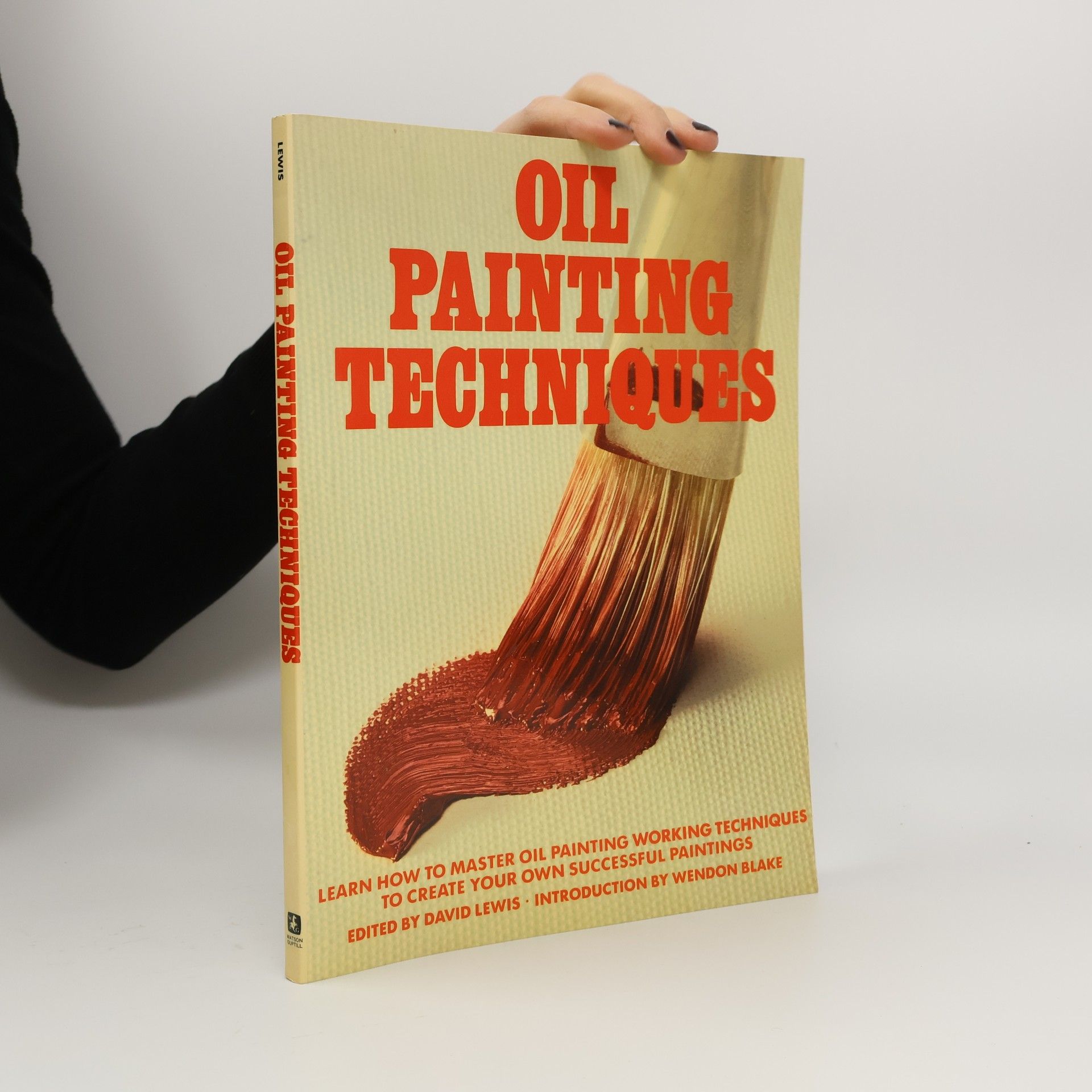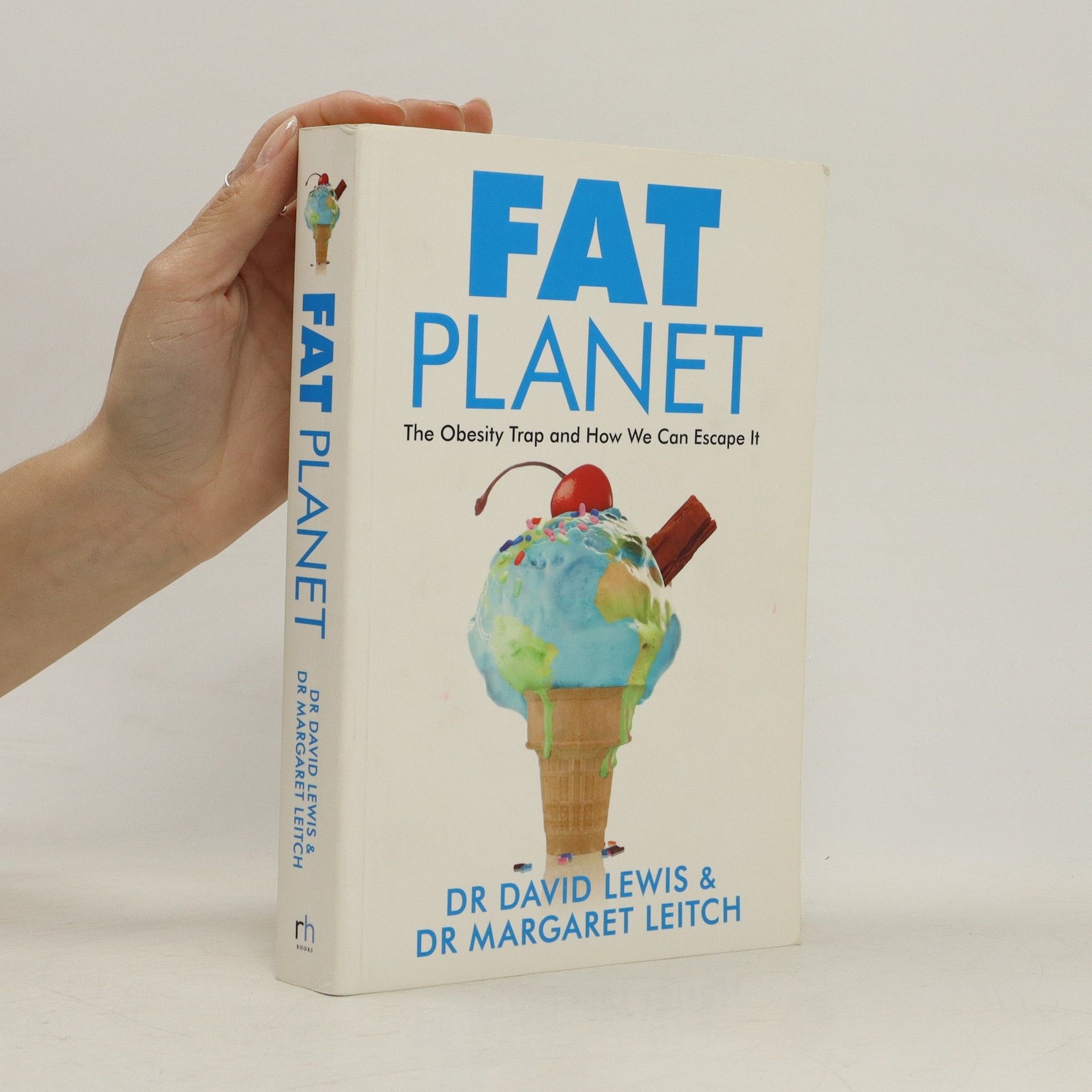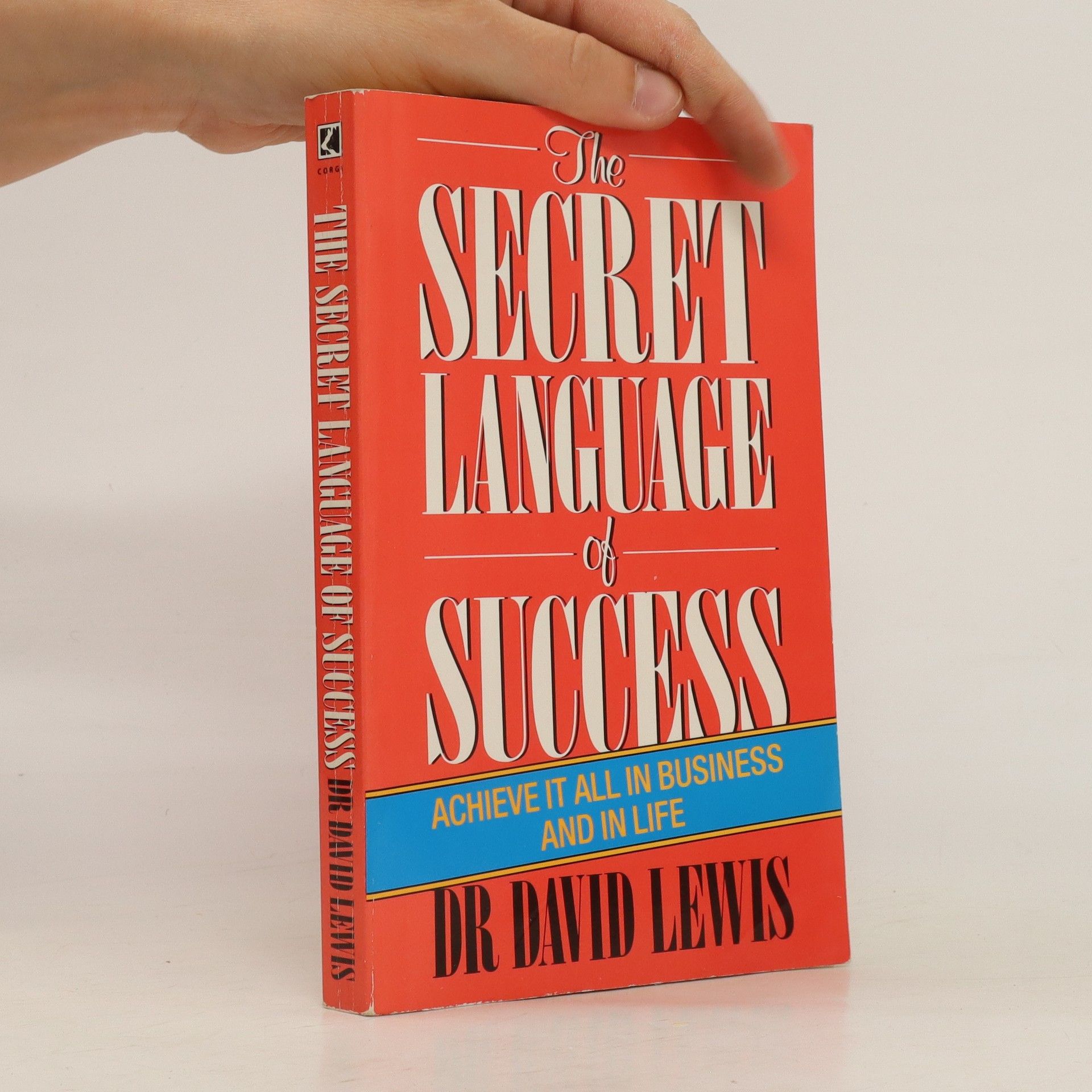From the deserts of Africa to the rainforests of Brazil, this book investigates traditional societies and gains insight into alternative ways of living by exploring different approaches to marriage, wealth, law and order, cultural integration, spirituality and wisdom.
David K. Lewis Livres
David Kellogg Lewis fut un philosophe influent du XXe siècle dont l'œuvre eut un impact profond sur la philosophie du langage, de l'esprit, de la métaphysique, de l'épistémologie et de la logique. Il est peut-être surtout connu pour sa position controversée du réalisme modal : l'idée que d'innombrables univers parallèles existent, chacun concret et causalement isolé, le nôtre n'en étant qu'un. Ces univers servent de mondes possibles dans l'analyse de la nécessité et de la possibilité. L'héritage de Lewis réside dans sa pensée originale et sa profonde exploration de la nature de la réalité.


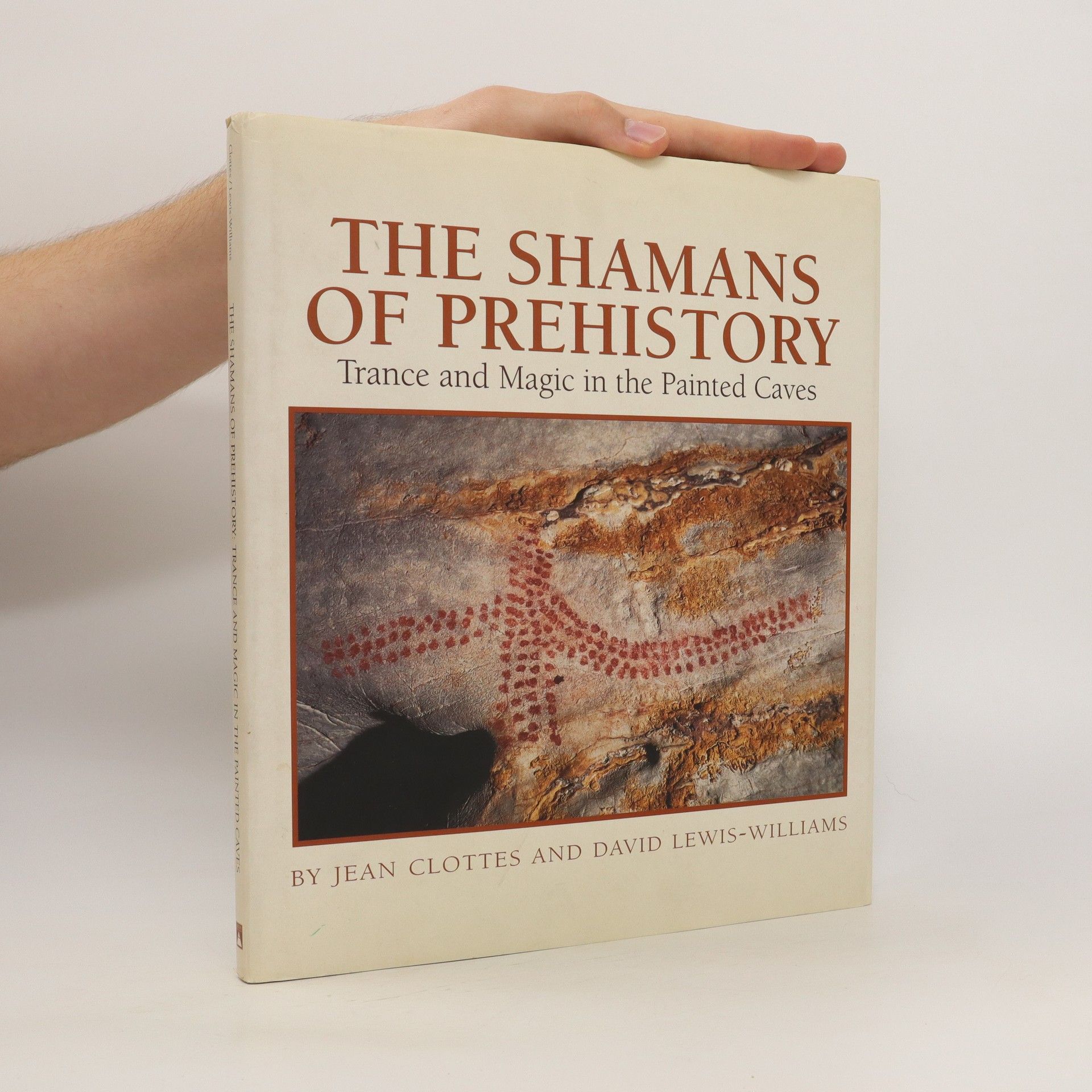


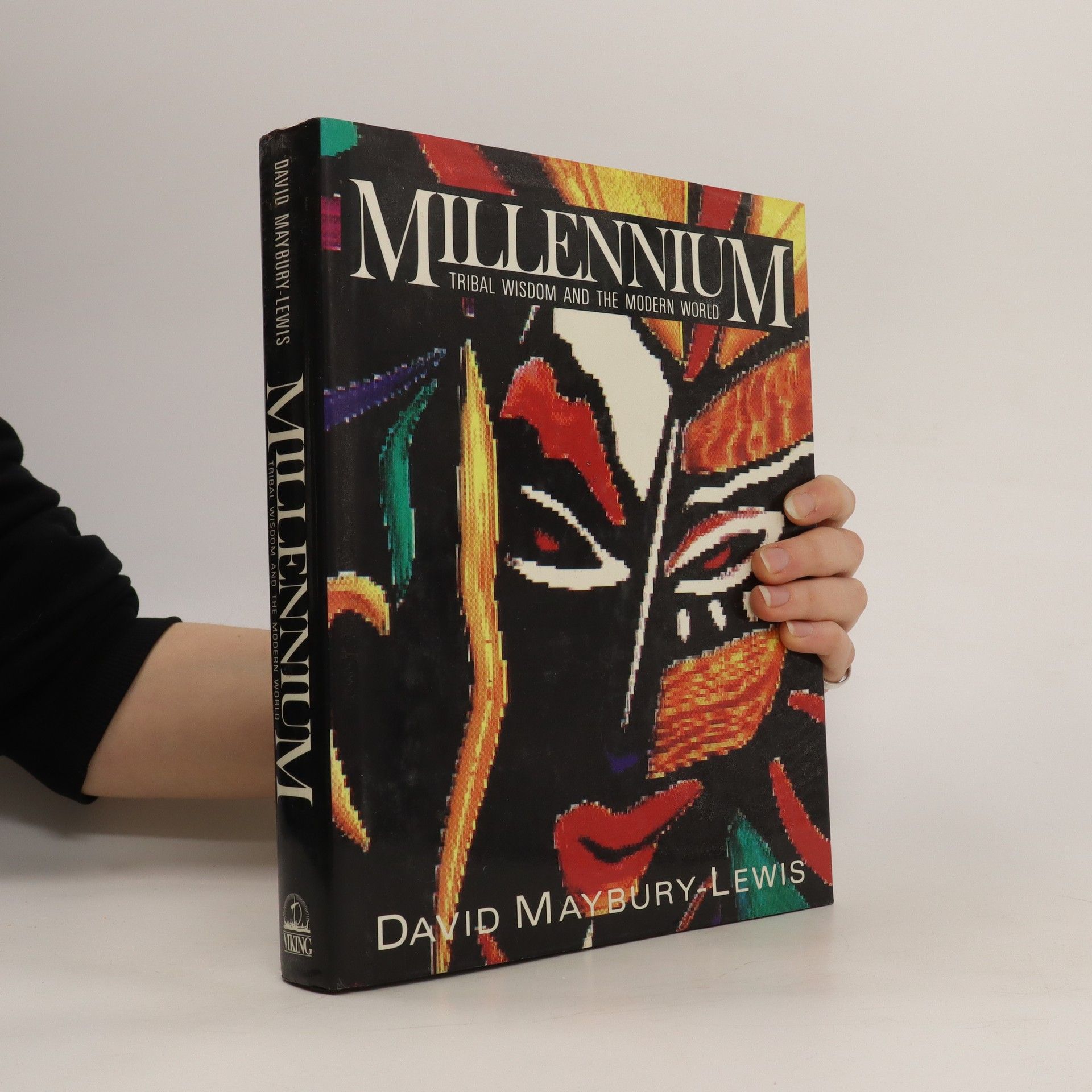
Anthropology and Development
- 240pages
- 9 heures de lecture
A critical look at how a non-traditional, technocratic development industry is failing the societies it professes to help
Michael Jordan: Life Lessons from His Airness
- 144pages
- 6 heures de lecture
Michael Jordan defied gravity, exceeded expectations, and transcended the limits of age to become the world's greatest basketball player of all time. While record-breaking 60-point games and flying dunks brought him fame, his long and celebrated career relied heavily on habits we can all embrace: discipline, hard work and knowing how to channel the deep, competitive drive within. Michael Jordan: Life Lessons from His Airness offers a courtside seat to the wild ride that made Michael Jordan a star and reveals valuable insights for anyone trying to make their own lofty dreams come true.
The universality of shamanistic power and practice among today's hunter-gatherers - along with the similarity of rock art found in varied sites around the world - has led Jean Clottes and David Lewis-Williams to suggest in this new book that the great art of paleolithic caves can be best understood through the lens of shamanism. Indeed, this is not a monograph on a particular site, but a general discussion of the art of painted caves and their shamanistic meaning. Through the authors' revealing words and the abundant full-color illustrations, we follow shamans into their trance states, and we watch as they carefully paint and engrave on rock surfaces the shapes of animals whose power they seek. As we learn how drawings and rituals were likely modes of shamanistic contact, we understand best the actions, accomplishments, and traces left behind by prehistoric shamans
Watercolor Painting Techniques
- 144pages
- 6 heures de lecture
Discusses the materials and equipment of watercolor painting and recommends methods for creating watercolor paintings of landscapes, flowers, seascapes, and other subjects
Mavericks
- 240pages
- 9 heures de lecture
Reclaim your power to make positive changes in your organization and beyond by channelling your inner maverick.
The soul of the new consumer
- 256pages
- 9 heures de lecture
The Soul of the New Consumer will revolutionize the way we think about traditional market segmentation, retailing, selling and branding.
Oil Painting Techniques
- 144pages
- 6 heures de lecture
Do you want to become more confident handling an oil brush? How about developing your skill in manipulating and mixing oil colors? This volume, filled with the experience and techniques of ten of today's finest oil painters, shows you how to discover and paint your own successful paintings, covering everything from the importance of brush selection to capturing the color nuances of a collapsing wave. Together these artists offer a treasury of instruction in oil technique: Charles Reid shows you how to handle an oil brush with dexterity and how to make handling and mixing color simple. Wendon Blake, George Cherepov, Paul Strisik, and Richard Schmid teach you how to capture the magnificence of a full landscape, and the more subtle characteristics of the countryside; Foster Caddell shows you how to overcome elementary errors in composition, balance of values and especially how to handle color in the landscape; E. John Robinson demonstrates how to capture the color and awesome power in the sea and shore; Ken Davies teaches you how to render sharp focus still lifes in oil; and John Howard Sanden, Charles Pfahl and Jane Corsellis show you how to paint the human portrait and figure, perhaps the most intriguing painting subject of all. Profusely illustrated and entirely in color, Oil Painting Techniques is required reading for the amateur or intermediate oil painter who wants to develop his skill in this medium
Fat Planet
- 352pages
- 13 heures de lecture
Our planet is in the grip of an obesity pandemic. More than a billion people worldwide are overweight and over 600 million are obese. We live in a noxious environment in which it is much easier to get fat than to stay fit. How has this come to be? Who is to blame? What can we do?In Fat Planet, Dr David Lewis and Dr Margaret Leitch examine the social and psychological causes of the obesity pandemic in order to answer these questions. Their ground-breaking research highlights the behaviour of corporations that relentlessly promote foods high in sugar, fat and salt, and shows that these ‘junk’ foods have shockingly similar neurological effects to hard drugs. They consider the prevalence of food cues which unconsciously stimulate our desire to consume. They debunk the myths of fad diets and slimming pills, and suggest practical, easily implemented strategies for sustainable weight loss.The evidence is clear: individuals are not to blame. Our problems with obesity are societal and psychological in nature, and must be addressed if the planet is to become slimmer. It is not too late to change.

